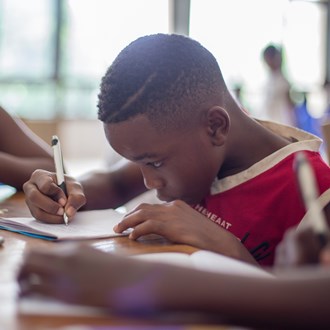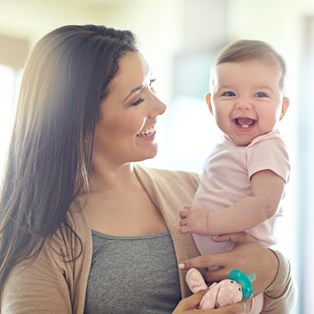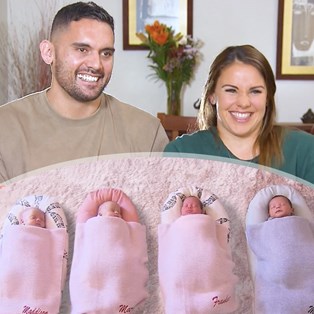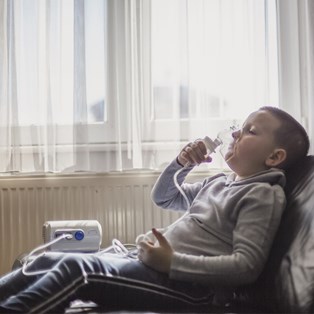Australian digital in-home program, Autism 360 is taking the world by storm
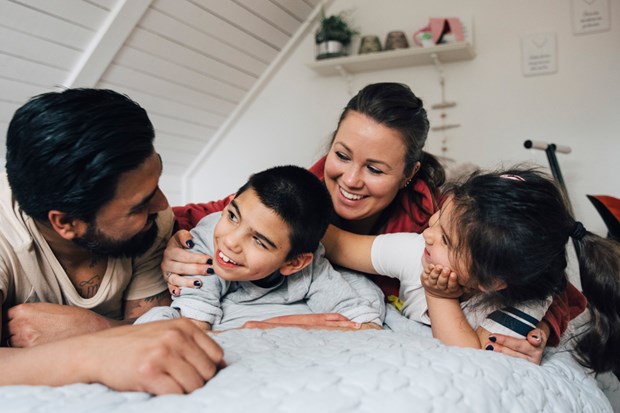
A Sydney couple put all of their savings to start a program for autism families – which has grown 450% and expanded into the US and Canada in less than a year!
By Practical Parenting Team
October 07 2020
Throughout his childhood in India, Ashish (‘Ash’) Bhattacharya watched his parents struggle to raise his severely autistic brother.
Struggling with socialisation and schooling, he was unable to make friends, was transferred to a special needs school, and could not leave the house alone without getting lost. Even at age 39, he is semi-verbal and financially dependent on Ash and his parents for his daily living needs.
Ash has since recognised that, while knowledge and awareness of autism have increased, the cookie-cutting and ‘one-size-fits-all’ strategies to treat it have remained the same.
There is also very limited assistance for autism families where it is needed most: in the home.
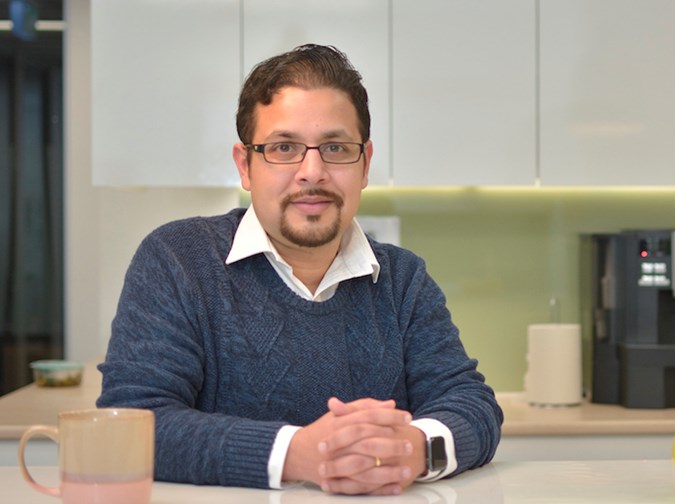
Ash Bhattacharya believes therapy is much more effective when conducted from the home. (Image: Supplied)
Ash migrated to Australia in 2010 and built a successful IT career in Sydney within blue-chip companies. Driven by his childhood experiences, Ash and his wife Shaeri – parents of two – developed autism information site AutisMag (autismag.org) in 2014 – which, today, has an office in Delaware, US, and a subscription base of 74,000.
In his extensive research for the site, Ash discovered that early, intensive parent-driven intervention at home can improve outcomes for children on the autism spectrum. In 2018, he left his job and developed the model for a digital in-home program, Autism 360.
This three-month program matches a parent with a specialist practitioner or ‘coach’ with whom they create assessable home-based goals and activities based on the child’s needs. It incorporates applied behaviour therapy (ABA) and the Development, Individual Difference, Relationship-based Model (DIR Model), as well as strategies from occupational, behavioural and speech therapists. Parents are also ‘buddied-up’ with another autism parent to share experiences, ideas and perspectives.
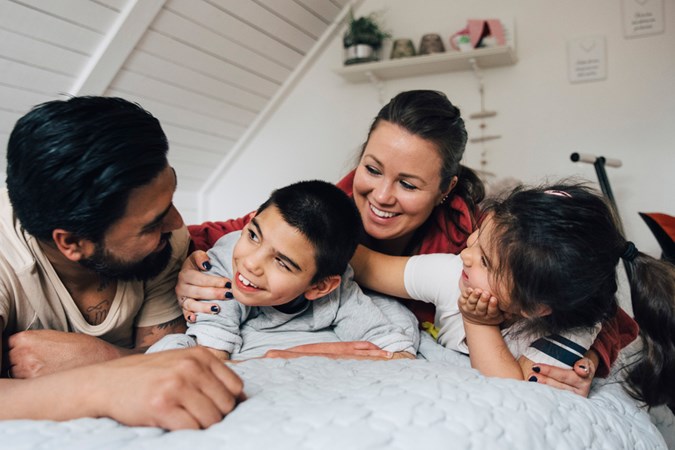
There is also very limited assistance for autism families where it is needed most: in the home. (Image: Getty)
Covid-19 has proven the need for an at-home program like Autism 360
Ash believes the outbreak of COVID-19 – which has fast-tracked the shift to digital – has reinforced many parents’ belief that therapy is much more effective when conducted from the home, and with their direct involvement. He says the many families that have undergone Autism 360 during the pandemic, and who are now extending the program, is a testament to that.
In November 2019, Ash launched the program publicly – after running a pilot in June 2019 with a 90 per cent success rate. It was good timing for Australian families who headed into lockdown just four months later. In February 2020, Autism 360 had 18 families in the program and turned over $20,000 a month. In August, 150 families are on the program, and it is attracting $120,000 in income a month.
Today, Autism 360 has a nationwide team of 40 allied health professionals (including 17 staff members), most of whom include occupational and behavioural therapists, speech pathologists, and special educators. Its Facebook group is Australia’s largest Facebook community of autism families, with 8000 members. In 2019, Autism 360 was awarded the ‘Top 50 Companies in Healthcare’ by the International Forum on Advancements in Healthcare (IFAH).
Autism 360 has attracted 1024 applications and more than 3000 expressions of interest by families in overseas markets. In February, Ash launched Autism 360 in the US and Canada, leveraging the Delaware office. In 2021, Ash plans to expand the program into the UK. Ash and Shaeri are also have on track to launch an AI-powered Autism 360 app, which will enable autism families from anywhere in the world to self-design and implement strategies to foster their child’s development at home. Ash aims to have 10,000 participants globally by 2022.


